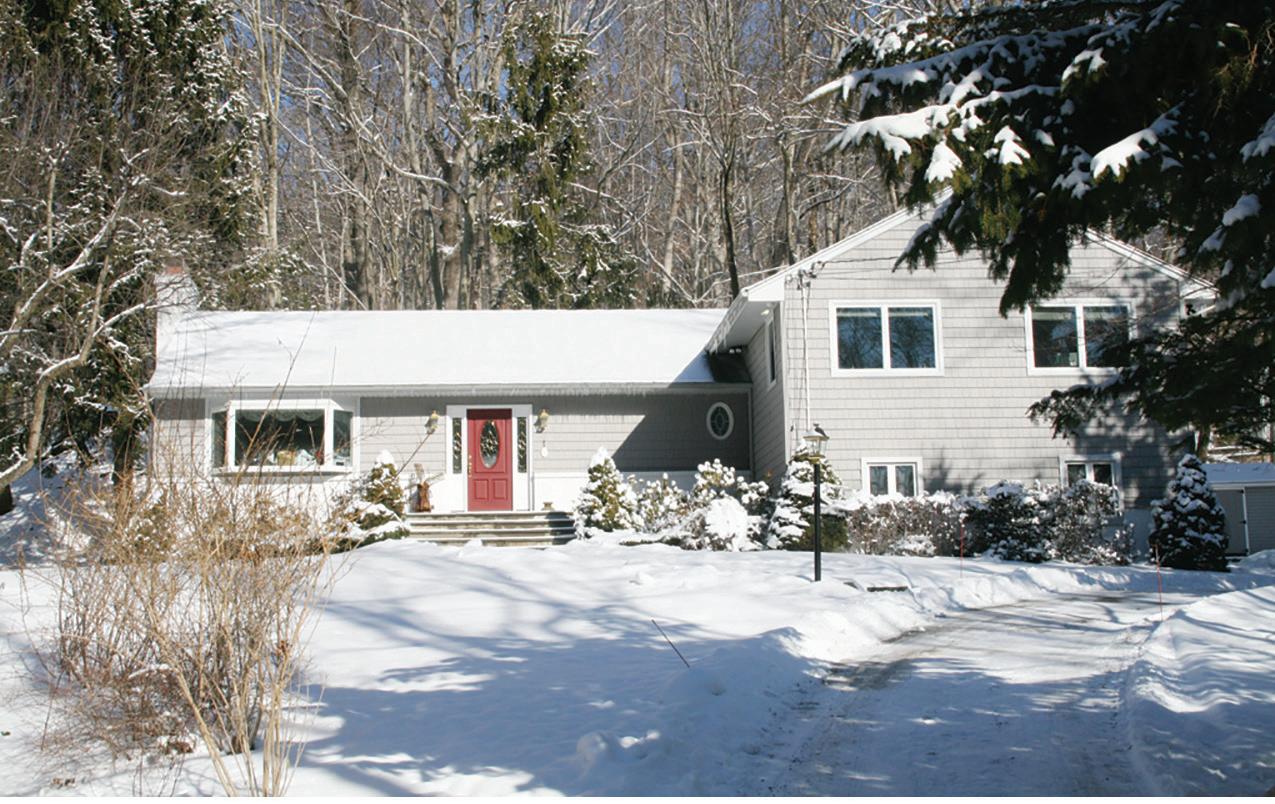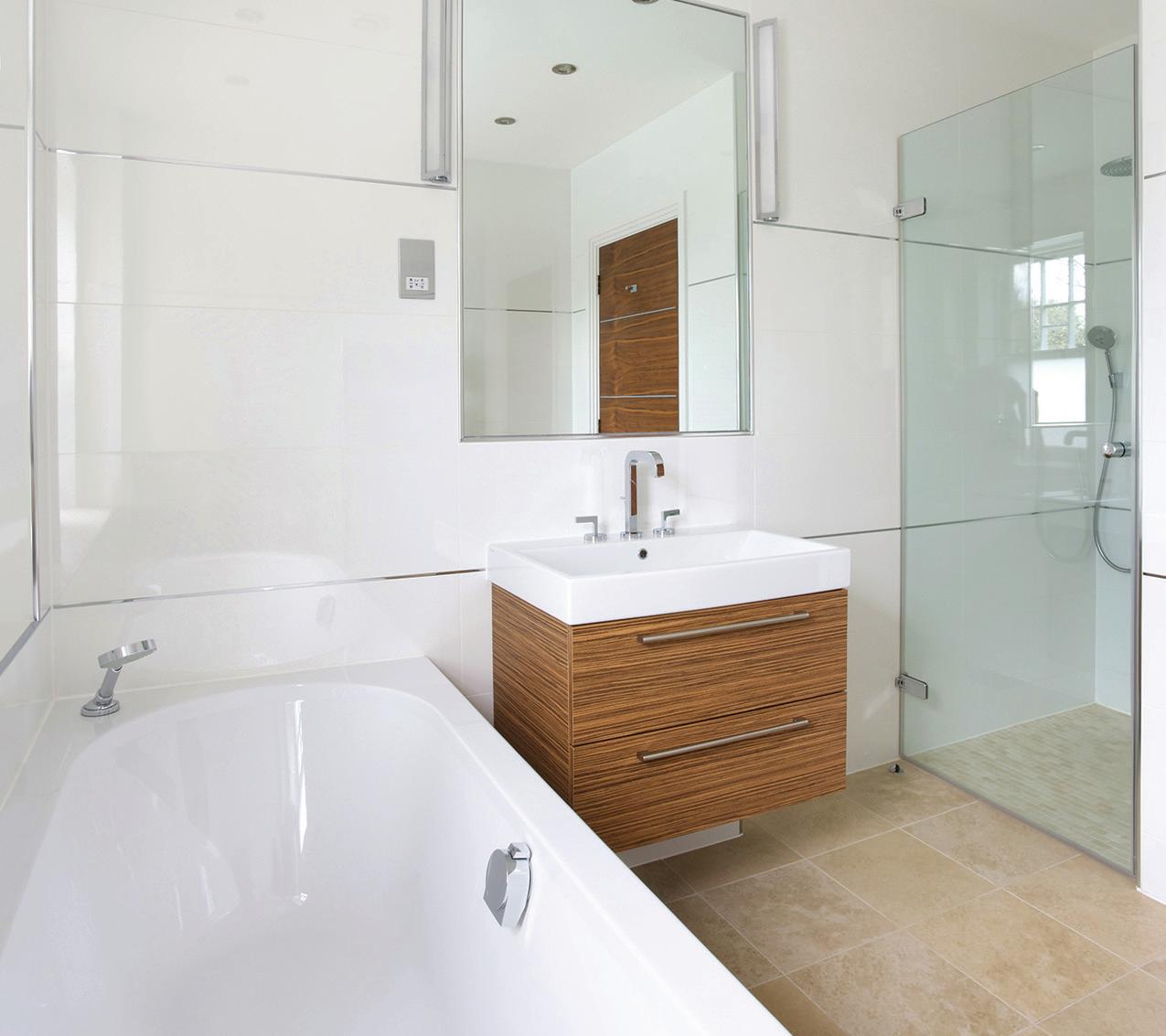Modern homes look a bit different than those of generations past. Rather than several small rooms divided by walls, modern homes offer open-concept floor plans. That means the boundaries between spaces are not so defined, allowing rooms and activities to blend into one another.
Formal dining rooms may or may not be part of the current home layout with regard to new construction. Many homeowners now gravitate toward kitchens with adjacent breakfast nooks that utilize large islands with stool seating that open up to family rooms. These layouts can make it more challenging for homeowners to figure out how to furnish their dining areas — however casual or formal they may be. Individuals can use these tips as a springboard for selecting the right pieces in their homes, no matter where they enjoy their meals.
Homeowners must take various factors into consideration when decorating a dining room. Size, purpose and style are just some of the things that merit ample consideration before furnishing a dining space.
Tips on how to furnish your dining area
CONSIDER THE SCOPE OF THE ROOM
Is it a dining room or a dining area? This will help determine decor and the formality of the pieces of furniture needed to outfit the room, according to The Spruce, a home renovation resource. If the room is a multi-purpose space, consider furniture that can serve different purposes, such as a table that has fold-down portions to change its size depending on the number of people dining at a particular time. You may want to include an armoire to store linens and stash away pens and note pads for making shopping lists.
DINING TABLE
The dining table is the foundation of a dining area. After all, people need to have somewhere to sit and eat. Remember to measure the dimensions of the room carefully, as furniture can look much smaller in warehouse stores or furniture showrooms than in a home.
Consider a round or square dining table, which tend fit into rooms more easily than rectangular tables. Plus, these shapes are more conducive to conversation. Rectangular tables often leave people at the ends out of the chat.
SEATING
Seating can affect the ability to move around the room. If space is at a premium, some narrow-profile chairs are a better option than larger, upholstered wingbacks. Homeowners may consider a wooden or upholstered bench on one side of the dining table to maximize seating during family events.
LIGHTING
Pottery Barn suggests using a mix of lighting sources to create the right lighting needs in the space. Floor lamps, an overhead chandelier, wall fixtures, and natural light need to blend and be adjusted as needed. Also, choose an overhead chandelier that complements the shape of the dining table. For example, a round fixture will look best above a round table.
RUG
An area rug can help define the dining space and set it apart from other areas in an open-concept home. An area rug also adds warmth and color when a wood table meets a wood floor; otherwise, it may look too stark.





